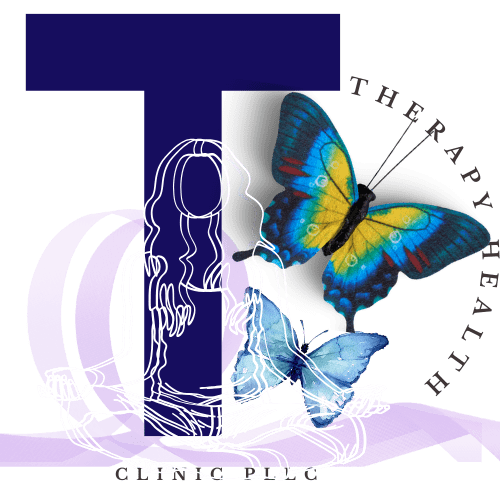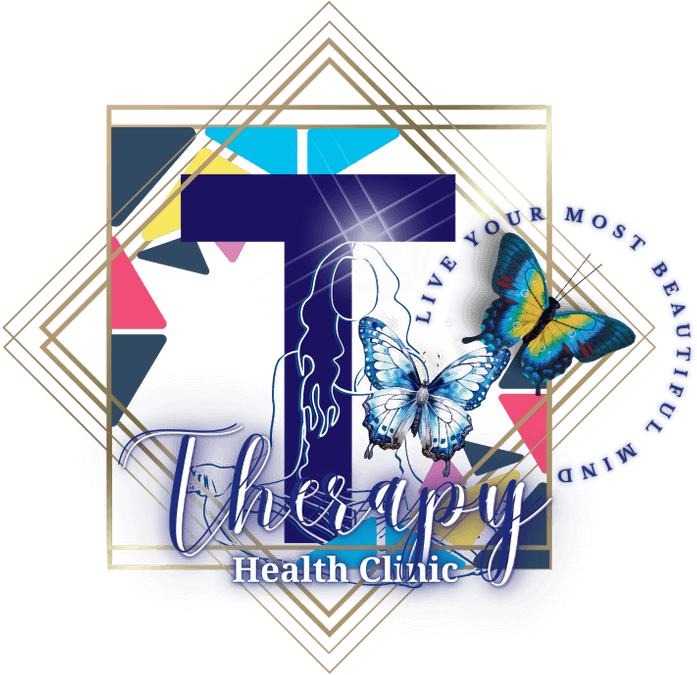Trauma is a deeply personal experience that can impact emotions, relationships, and daily functioning for years after the event. Whether from childhood experiences, personal loss, violence, military service, or unexpected life changes, trauma can leave individuals feeling isolated, overwhelmed, or emotionally disconnected. Therapy Health Clinic in Oak Park, IL, offers specialized trauma recovery counseling to help individuals process painful memories, regain control over their emotions, and rebuild fulfilling lives.
Healing from trauma is not about forgetting—it’s about understanding, processing, and developing the resilience needed to move forward. Our therapy services are designed to help individuals, including military veterans, survivors of abuse, and those who have faced personal hardship, reclaim their sense of self and emotional stability.
Recognizing the Signs of Trauma and Emotional Distress
Trauma manifests in various ways, affecting mental, emotional, and physical health. If you experience any of the following, seeking support may be beneficial:
- Flashbacks, nightmares, or intrusive thoughts about past events
- Emotional numbness, avoidance, or withdrawal from loved ones
- Anxiety, panic attacks, or hypervigilance in daily life
- Sudden mood swings, irritability, or emotional outbursts
- Difficulty trusting others or feeling safe in relationships
- Struggles with integrating back into family life, especially for veterans
- Physical symptoms such as chronic pain, headaches, or digestive issues
Why Trauma Therapy Is Essential for Healing
Unresolved trauma can keep individuals trapped in a cycle of emotional pain, impacting relationships, work, and self-esteem. Many who experience trauma, including veterans returning from service, struggle with reintegration into family life, social circles, and civilian work environments. The transition can be overwhelming, as past experiences often resurface in the form of PTSD, anxiety, or depression.
Returning home to spouses, children, and civilian life presents unique challenges for retired veterans. Adjusting to a slower-paced lifestyle, finding new purpose, and reconnecting with family after long separations can be emotionally complex. Many veterans face difficulty building friendships outside of military culture, coping with disabilities, or finding meaningful work post-service. Without the proper mental health support, these challenges can lead to isolation, substance use, or emotional distress.
Therapy provides a structured, supportive space where individuals can explore their emotions, develop coping strategies, and learn how to reconnect with themselves and those around them. Healing is a gradual process, but individuals can rebuild a sense of safety, trust, and emotional stability with the right tools.
Steps in the Trauma Healing Process
- Comprehensive Trauma Assessment and Emotional Evaluation: A therapist conducts a personalized assessment to understand trauma history, emotional struggles, and personal triggers, creating a tailored recovery plan.
- Processing Painful Memories in a Safe Environment: Through trauma-focused therapy, individuals are guided to process distressing memories at a manageable pace, reducing their emotional impact over time.
- Developing Coping Strategies for PTSD and Emotional Triggers: Techniques such as mindfulness, grounding exercises, and cognitive-behavioral strategies help regulate emotions and manage triggers effectively.
- Reintegrating into Family Life and Civilian Society: For trauma survivors such as veterans, domestic violence, those affected by childhood trauma, and individuals facing other forms of extreme authoritarianism or indoctrination, talk therapy provides tools to rebuild healthy relationships with spouses, children, colleagues, immediate communities, and loved ones, especially in providing knowledge and techniques in adapting to new social connections outside of family, institutions, agencies, the military, and other traditional or highly hierarchical cultures or systems that have significantly influenced or disordered their core values and patterns.
- Adjusting to Life with Disabilities and Career Transitions: This requires customized planning, focusing on strengths and seeking a supportive, grief-and-loss, and trauma-informed therapist to address challenges such as developing self-advocacy skills and utilizing resources like vocational rehabilitation, along with strength-finding techniques rooted in Positive Psychology. It emphasizes identifying and building on a client’s strengths and resourcefulness instead of solely focusing on deficits, thereby promoting resilience empowerment.
- Building Long-Term Resilience and Emotional Strength: Counseling sessions foster long-term well-being, helping individuals regain trust, build self-worth, and create a fulfilling future.
Preventing Emotional Setbacks and Sustaining Healing
Healing from trauma is an ongoing journey, and maintaining progress requires consistent emotional care and self-awareness. Engaging in self-care, setting realistic expectations, and practicing mindfulness can help individuals stay grounded and reduce the likelihood of emotional setbacks.
For veterans and trauma survivors, integrating back into family and civilian life may take time. Rebuilding trust, fostering open communication with loved ones, and engaging in community activities can create a sense of belonging and support. Seeking out peer groups, mentorship opportunities, or veteran support networks can provide additional guidance and companionship. Even after significant progress, maintaining therapy sessions ensures that individuals have a continued space for emotional processing and personal growth.
How Trauma Therapy Transforms Lives
Individuals who engage in trauma counseling often experience a significant reduction in stress, anxiety, and emotional triggers. Therapy helps reframe negative thought patterns, allowing individuals to regain confidence and control over their emotions. Many report improved relationships, a stronger sense of purpose, and the ability to navigate daily life without being controlled by past experiences. Over time, individuals develop resilience, healing from their trauma and building the tools to handle future challenges with strength and self-assurance.
Frequently Asked Questions
Can trauma ever fully be healed?
While the memories of trauma may always exist, therapy helps individuals process and reframe them so they no longer control emotions, thoughts, or behaviors.
How does therapy help veterans reintegrate into civilian life?veterans reintegrate into civilian life after many years of service or ?
Therapy provides tools to rebuild family relationships, adjust to career changes, develop social connections outside the military, and manage PTSD symptoms.
What if I don’t want to talk about my trauma?
Therapists work at your pace, using techniques such as EMDR, mindfulness, or gradual exposure therapy to process emotions without forcing discussion.
How do I support a loved one struggling with trauma?
Encourage open conversations without pressure, offer emotional support, and suggest professional counseling to help them regain stability.
Can trauma therapy help with physical symptoms like pain and fatigue?
Yes, unresolved trauma often manifests as physical symptoms, and therapy can reduce stress-related health issues through emotional regulation techniques.
Starting Your Journey Towards Emotional Healing
You don’t have to carry the weight of past trauma alone. Whether you’re a veteran returning to family life, a survivor of past hardships, or someone struggling with emotional pain, Therapy Health Clinic in Oak Park, IL, is here to help. Our trauma-focused counseling services provide the tools needed to regain control, rebuild relationships, and move forward with confidence.
If you’re ready to heal from past experiences and reclaim your emotional well-being, contact Therapy Health Clinic today to schedule a consultation. A healthier, more peaceful future starts with taking the first step.







